Uncategorized
-

-
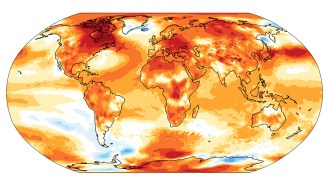 Climate
Climate2024 was Earth’s hottest year on record, passing a dangerous warming threshold
Global temperatures were the hottest on record in 2024; it was the first year where the average temperature topped 1.5 degrees Celsius above preindustrial times.
-
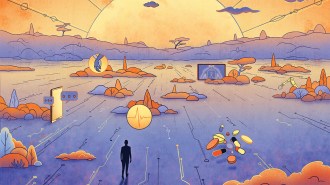 Health & Medicine
Health & MedicineAI could transform health care, but will it live up to the hype?
AI has the potential to make health care more effective, equitable and humane. Whether the tech delivers on these promises remains to be seen.
By Meghan Rosen and Tina Hesman Saey -
 Humans
HumansHow child soldiers heal after the trauma of war
For more than two decades, Theresa Betancourt has studied Sierra Leone’s former child soldiers. Her new book Shadows into Light tells their stories.
-
 Neuroscience
NeuroscienceHow people suppress memories may be key to PTSD recovery
People who recovered from PTSD changed the way their brains handle intrusive thoughts, a study of survivors of the 2015 Paris terrorist attacks shows.
-
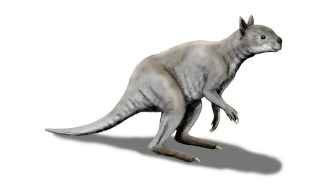 Paleontology
PaleontologyHumans, not climate change, may have wiped out Australia’s giant kangaroos
About 40,000 years ago, giant kangaroos vanished Down Under. Dental analyses suggest a varied diet, meaning climate change was not the main cause.
-
 Climate
ClimateCalifornia wildfire season should be over. So why is L.A. burning?
In some parts of California, fire season is now year-round due to rising heat and little rain. High winds and dry conditions are fueling L.A.’s infernos.
By Nikk Ogasa -
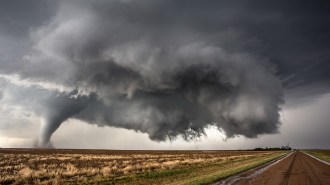 Particle Physics
Particle PhysicsCosmic rays could help reveal how tornadoes form
Subatomic particles called muons could measure pressure changes in supercell thunderstorms and the twisters they kick up.
-
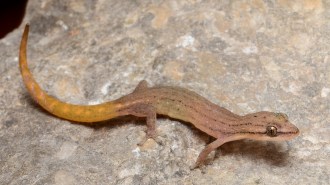 Animals
AnimalsMore new geckos have been found hiding in Southeast Asia’s limestone towers
Nearly 200 new gecko species found in living in karst landscapes reveal the rugged regions as dynamic areas of speciation.
-
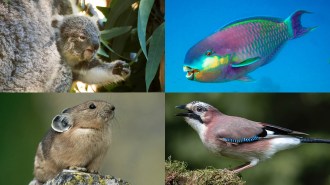 Animals
AnimalsPoop is on the menu for a surprising number of animals
A new tally finds dozens of species giving food a second go-round, from babies boosting their microbiomes to adults seeking easier-to-access nutrition.
By Susan Milius -
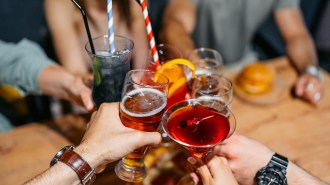 Health & Medicine
Health & MedicineIs alcohol linked to cancer? Here’s what the science says
A new U.S. Surgeon General's report describes the link between drinking alcohol and developing cancer. Many Americans aren’t aware of the risk.
-
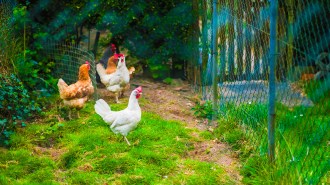 Health & Medicine
Health & MedicineWhat to know about the first bird flu–related death in the U.S.
H5N1 has infected 66 people in the United States since early 2024, mostly causing mild illness. A Louisiana man was the first to get severely sick.